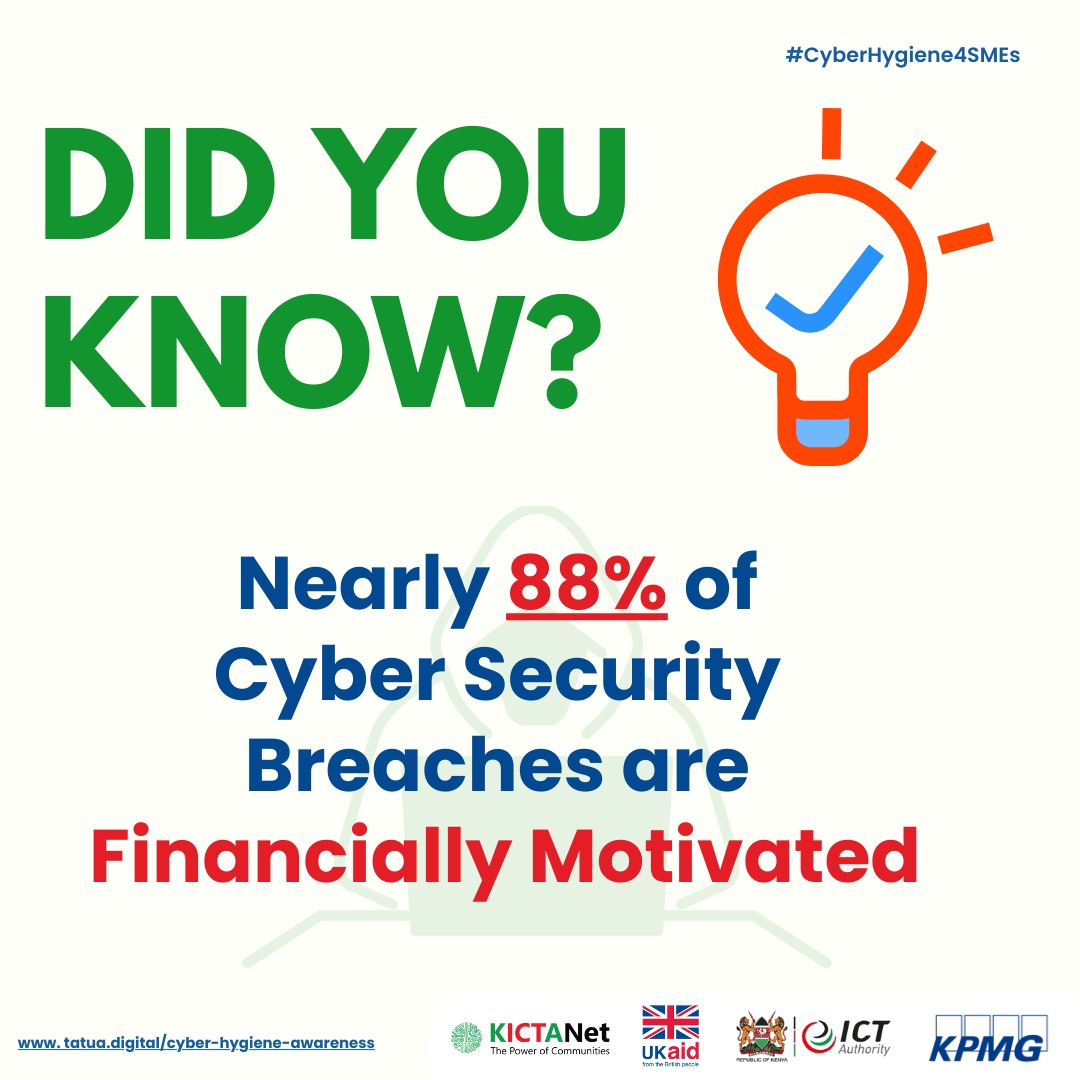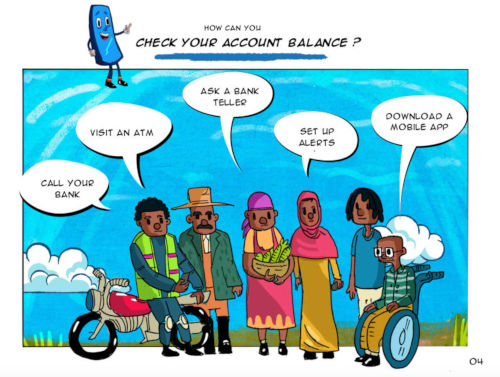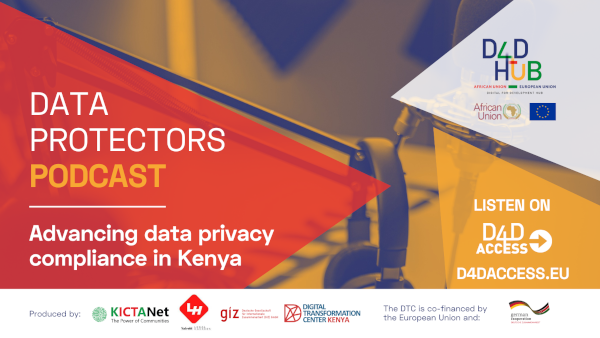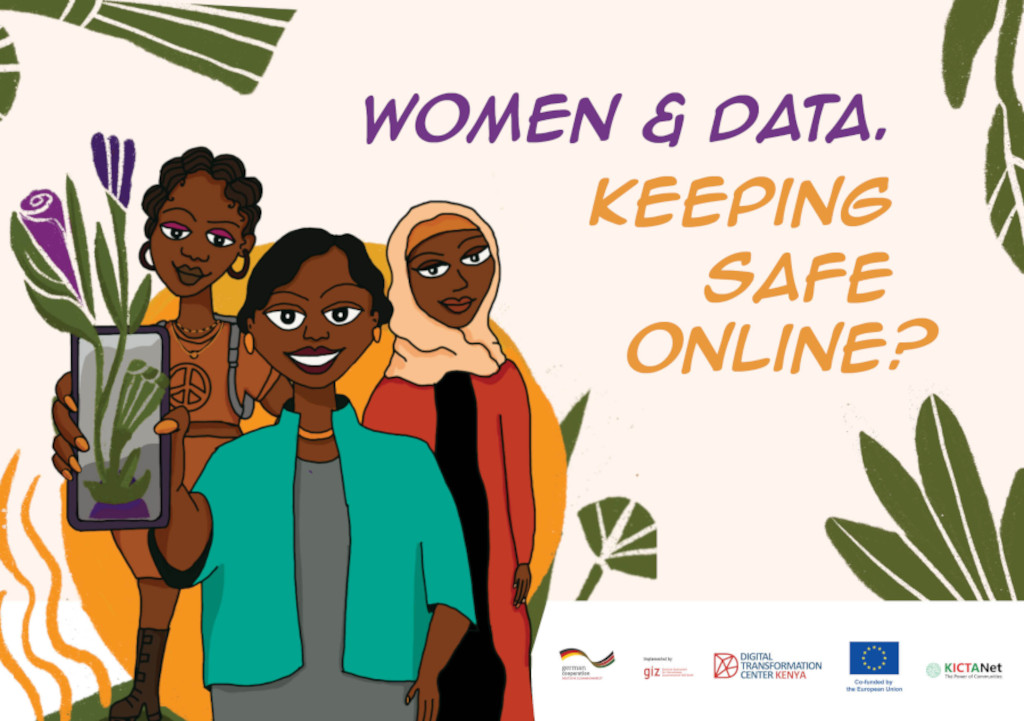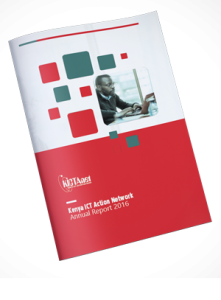KICTANET POST : Latest news, events & opportunities
Safeguarding Women Online: Addressing TFGBV in Kenya.
By Cherie Oyier The internet plays a crucial role in enabling citizens to exercise their rights and freedoms, as well as improve their socioeconomic standing. However, data from 2023's "Unmasking The Trolls: Research on Online Gender-Based Violence in Kenya" report...
East African Countries Urged to Harmonize Tech Policies for Digital Transformation
The 11th East African Internet Governance Forum (EAIGF) concluded with a call for East African countries to harmonize tech policies for digital transformation. The forum highlighted the need for collaboration on data protection, AI regulation, and internet access to address the region’s digital divide.
![]()
The Future of Financing: IP as Collateral in Kenya’s Economic Landscape
Kenya’s MPSR Act allows IP to be used as collateral for loans. However, challenges in IP valuation persist. KICTANet advocates for policies that promote the recognition and utilization of intellectual property in Kenya’s digital economy.
![]()
EAIGF 2024: Leaders Rally for Stronger Cybersecurity and Data Governance
EAIGF 2024 convened experts to discuss cybersecurity and data governance in East Africa. The session highlighted challenges and opportunities in securing the region’s digital landscape.
![]()
Strengthening ICT Accessibility for PWDs in Africa
The digital age has transformed communication, education, and economic opportunities. However, many people with disabilities (PWDs) in Africa have faced challenges in accessing this digital revolution.
![]()
Reflections from the Summit of the Future and the Global Digital Compact.
Attending the Global Digital Compact (GDC) provided an invaluable opportunity to engage with global leaders and stakeholders at the Summit of the Future at the United Nations Headquarters in New York. This summit, under the theme "Our Common Agenda," aimed to address...
Study Report: Digital Inclusion of Persons with Disabilities in Kenyan Community Networks
“Community networks in Kenya, which operate in digitally marginalised areas, offer a unique opportunity to address barriers faced by persons with disabilities. However, the potential of these networks to inclusively and effectively support PWDs has not been fully explored.”
![]()
A Look at East Africa’s Internet Governance Landscape: A Call for Renewable Energy in Burundi
By Winnie Kamau During the 11th East Africa Internet Governance Forum in Kampala, representatives from six countries presented their Internet Governance reports. These reports provided insights into the current state of Internet Governance within each country,...
Bridging the Digital Divide: Collaborative Efforts for an Inclusive Tech Future in Africa
On the sidelines of the UN General Assembly's High-Level Week, an exclusive event titled "Closing Digital Divides – The Road to an Inclusive & Rights-Respecting Digital Future" was held at Microsoft's offices in New York. Hosted by the Government of Denmark,...
KICTANet is a multi-stakeholder Think Tank for ICT policy and regulation. The Think Tank is a catalyst for reform in the Information and Communication Technology sector. Its work is guided by four pillars of Policy Advocacy, Capacity Building, Research, and Stakeholder Engagement.
KICTANet’s mission is to promote an enabling environment in the ICT sector that is robust, open, accessible, and rights-based through multistakeholder approaches.
During the 2022 – 2024 strategic period, KICTANet has prioritised the promotion of effective multistakeholder participation; an enabling legal, policy and regulatory environment; building capacities and empowered communities; and institutional strengthening. KICTANet’s guiding philosophy encourages synergies in ICT policy-related activities and initiatives. As such, the network provides mechanisms and a framework for continuing cooperation, engagement and collaboration in ICT matters among industry, technical community, academia, media, development partners, civil society and government.
_____
Strategic Priority.
- Convening power. To strengthen and promote engagement, collaboration and relationships with relevant stakeholders (state, business and non-state actors).
- Promoting an enabling environment. To catalyse policy, legislative and regulatory reforms in the ICT sector.
- Building capacities and empowered communities. To build the capacity of the stakeholders across government, business society and civil society and the citizens.
- Institutional strengthening.
The report outlines the work undertaken in between 2007 and 2016 which is underpinned by crowd sourcing and community engagement
Click here to download the report
FACTS AND FIGURES
Achievement of the Network over the Years
Publications
Thought Leadership Forums
Persons trained
Policy Interventions
Conversations in KICTANET listserv
Active listers contributing often
Different conversation threads
Impressions on ICT policy discussions
Our Pillars
KICTANet’s organisational strategy:
Policy Advocacy
Capacity building
Research
Stakeholder engagement
We facilitate stakeholder engagement through collaborative initiatives in face-to-face Town Hall meetings, and in the KICTANet?s interactive mailing list where multiple stakeholders engage regularly on ICT policy issues.


